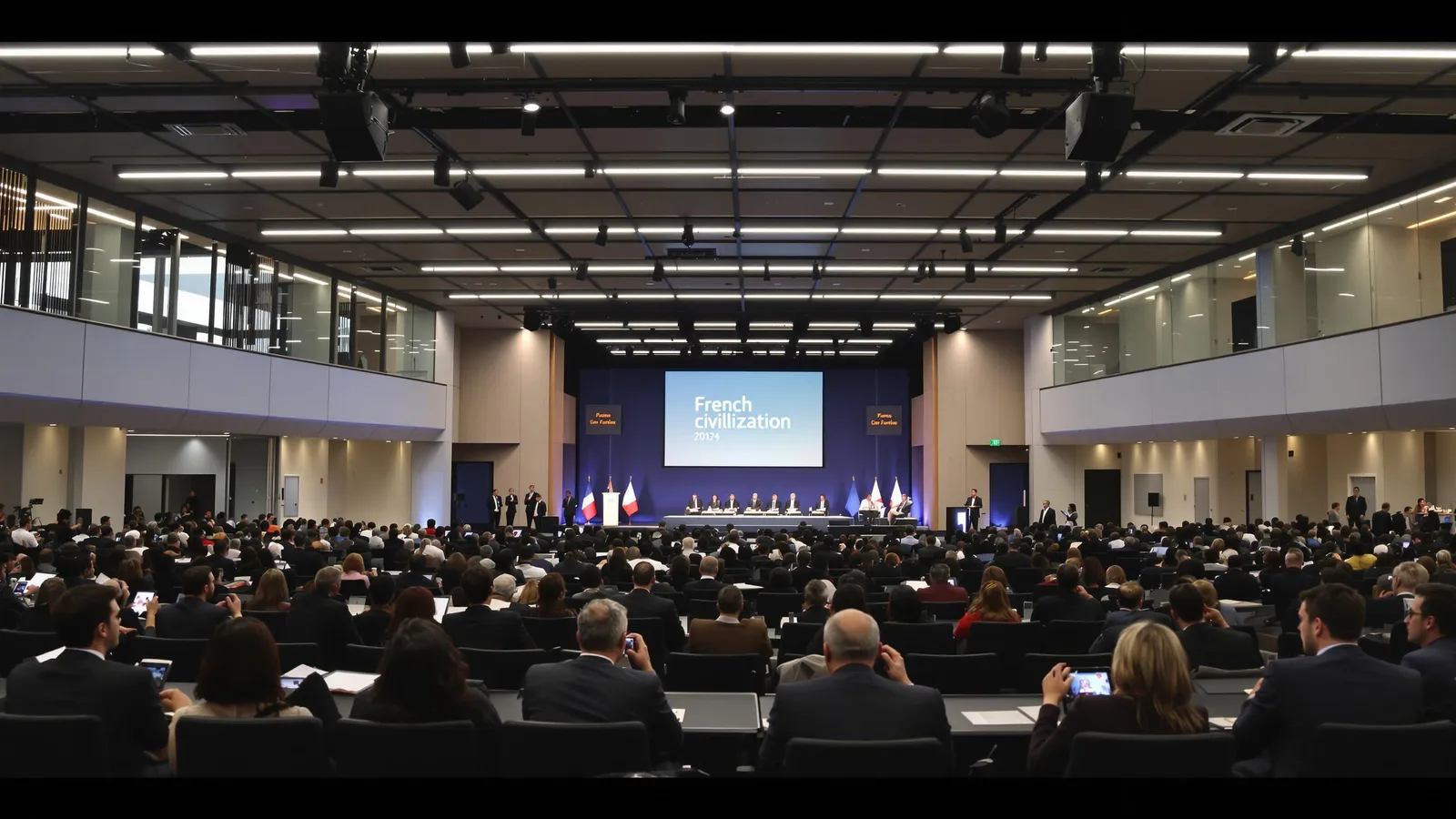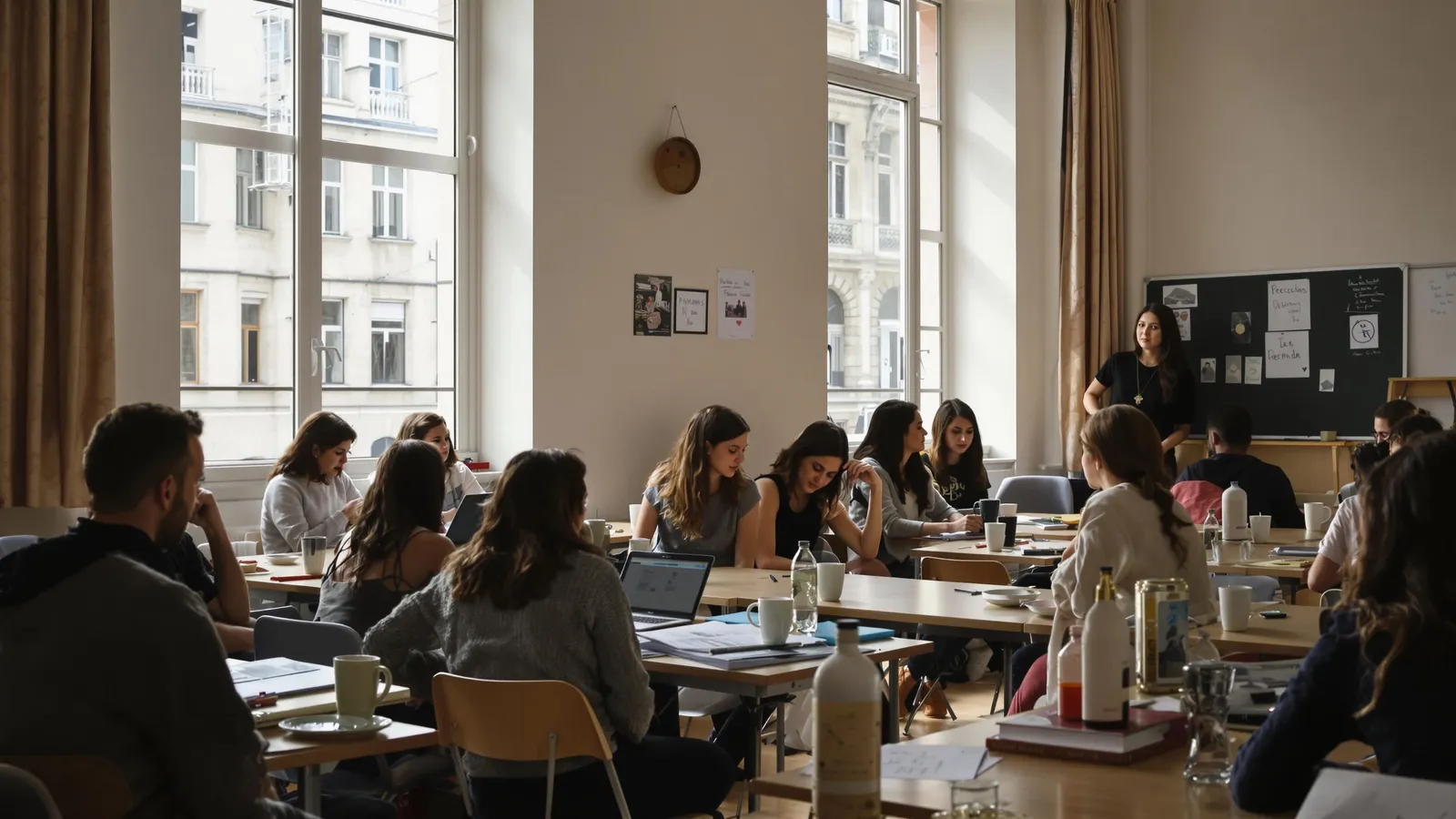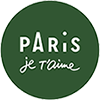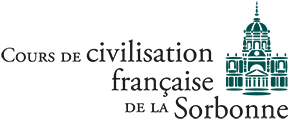Foundations and objectives of the intensive course
Intensive courses offer an often immersive educational approach aimed at accelerating the learning process, particularly in regard to linguistics. This type of training is distinguished by its high concentration of teaching hours per day, often compressed over a relatively short period. Intensive language learning seeks to maximize efficiency by providing consistent immersion in the target language, whether it is English, French, Spanish, or any other language. These courses can take place in the form of summer or evening courses, or even online courses.
The immersive nature of the intensive course creates an environment where learners are constantly exposed to the target language they seek to master. This intense immersion can be particularly beneficial for students who want to achieve a high level of language proficiency in a relatively short period of time. By immersing themselves in the language through extended hours of teaching, learners quickly develop their skills in comprehension, speaking, reading and writing.
The intensive course is not simply an extension of the traditional course format, but rather a learning experience that goes beyond conventional methods. It promotes the rapid assimilation of grammatical structures, vocabulary, and linguistic nuances, by offering learners intensive and repeated practice. This accelerated approach aims to create a rapid understanding of the language, thereby strengthening knowledge retention.
Advantages and challenges of intensive courses
Intensive language learning courses offer several notable advantages; first of all, they allow rapid progression, which can be advantageous for international students who need to acquire language proficiency to continue their higher education. Constant immersion in the language stimulates thinking in the target language, thereby speeding up the learning process. Additionally, the intensity of the lessons creates a routine that reinforces learners’ discipline and concentration.
Another advantage of intensive courses is the creation of an environment conducive to constant practice: learners have the opportunity to put into practice what they have learned immediately, which promotes knowledge retention. Frequent interactions with teachers and peers in the target language build learners’ confidence in their ability to communicate effectively. In the context of a prestigious institution such as the French Civilization Courses at the Sorbonne, this immersive and interactive dimension plays a determining role.
However, intensive courses also present challenges. In particular, the heavy workload can lead to mental fatigue, requiring effective management of time and energy. Furthermore, some learners may experience increased pressure due to the fast pace of the classes, which may influence the quality of their learning. The effectiveness of intensive courses is therefore dependent on the quality of the teaching teams and supervision of qualified teachers.

